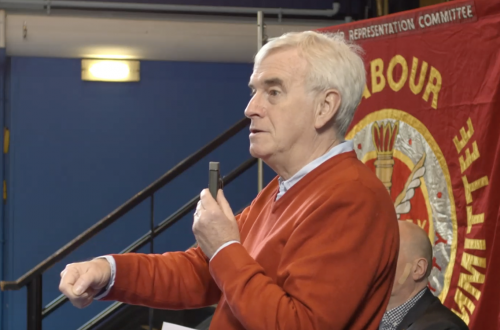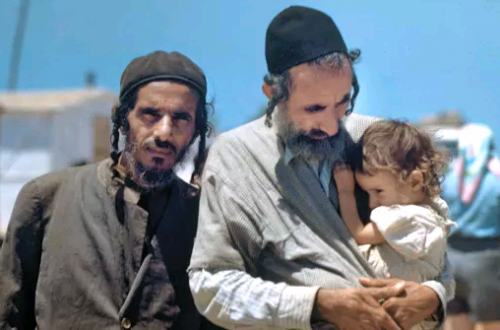This is cross-posted by Jacob Campbell, a Senior Fellow at the Humanitarian Intervention Centre
The civil war in Syria has spilled over into neighbouring Iraq, where jihadists affiliated to the Islamic State of Iraq and al-Sham (ISIS) have seized control over large swathes of territory and are battling government forces.
That, at least, is what Iraqi Prime Minister Nouri al-Maliki wants you to believe. And if you follow events in that part of the world as they are reported by the international media, you could be forgiven for being taken in by the narrative.
In fact, the present unrest in Anbar Province has almost nothing to do with Iraq’s western neighbour, and nearly everything to do with its eastern one.
Iran’s growing influence in their country’s affairs has frustrated the Iraqi people for years. Nowhere is this frustration more keenly felt than amongst the Sunni community, who for cultural and religious reasons are the most sensitive to Persian-Shi’ite meddling.
Last year saw scores of demonstrations bringing millions of Iraqis – mostly Sunnis – out into the streets of Ramadi, Fallujah and elsewhere in protest against Prime Minister Maliki’s slavish submission to the will of his Iranian patrons.
This year has seen those same people bombed out of their homes. The United Nations estimates that some 140,000 residents of Anbar Province have been displaced in the last month alone – almost 10 percent of the population. Sustained shelling has turned Fallujah into a ghost town.
What is happening in Iraq is not “counter-terrorism,” but a genocidal campaign waged by a merciless tyrant in order to pacify a restive minority. If that sounds familiar, it is because Saddam Hussein did the same thing in the late 1980s.
Maliki’s claim that Ramadi, the capital of Anbar Province, has “turned into the headquarters for the leadership of al-Qaeda” is a lie copied verbatim from the playbook of Bashar al-Assad. The international media so far has been credulous because, as Reporters Without Borders notes:
“Prime Minister Nouri al-Maliki’s government is trying to control the production and dissemination of news reports about the fighting in Fallujah and Ramadi… The few reports coming out of the region are all from government sources… [J]ournalists in Fallujah and Ramadi are refusing to cover the fighting because they fear reprisals by… government troops…”
None of this, of course, is to deny the presence of al-Qaeda in Anbar Province. But it is expedient for Maliki to exaggerate greatly both the size of its membership and the scope of its operations. There have even been reports of Iranian-trained, pro-government militias being sent in to wreak havoc on the streets while posing as ISIS militants.
According to Struan Stevenson, Chairman of the European Parliament’s Delegation for Relations with Iraq and one of the most astute Iraq-watchers in European politics:
“Maliki’s ploy, aided and abetted by the mullahs in Iran, is to label all of the Sunnis as terrorists, claiming that they are active members of al-Qaeda… Although some al-Qaeda jihadists had infiltrated Ramadi… they were quickly driven out by the locals. The people who have now taken up arms against Maliki’s forces are ordinary Iraqi citizens, forced to defend themselves against a ruthless dictator.”
That assessment was corroborated earlier this week when senior Iraqi parliamentarian Ali al-Shalah let slip that, “to avoid confusion, we look at all those who fire at the military forces as members of ISIS, regardless of what they call themselves.”
Maliki hitherto has refused to negotiate a peaceful settlement with the Sunni leadership, vowing instead to “crush al-Qaeda” – that is, all opposition to his rule – by force of arms. Absent a softening of his stance, a full-fledged genocide may well be the outcome of this sectarian standoff.


